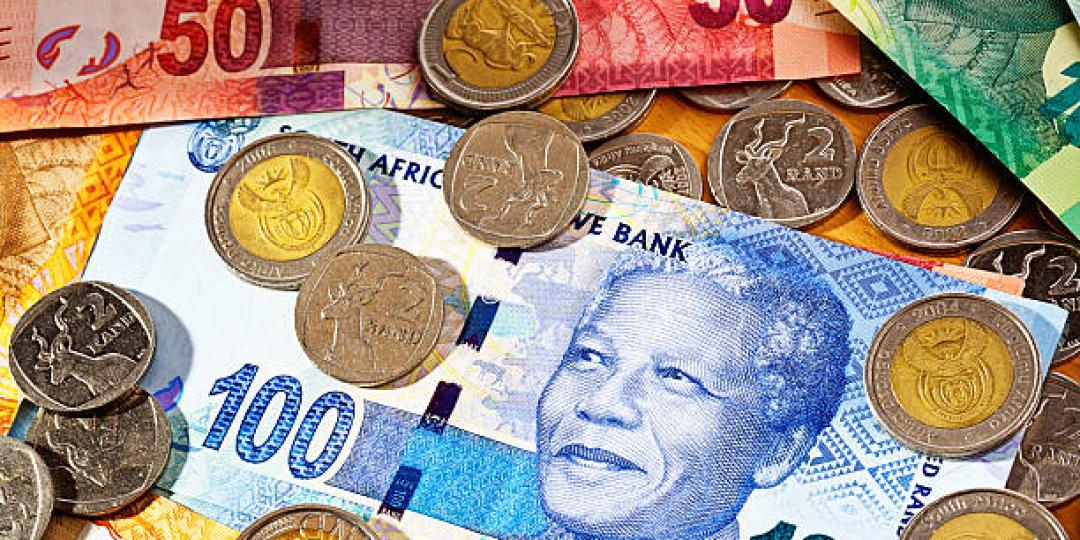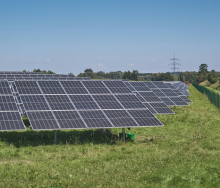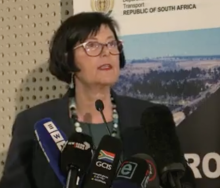Budget 2023 is loaded with additional costs and bailouts, emanating from years of state capture and mismanagement.
This was Outa’s reaction to the multiple bailouts for parastatals, including Eskom, municipalities, SAA and the SA Post Office, highlighted in “bailout-mode” Finance Minister Enoch Godongwana’s budget speech yesterday.
Outa said in a statement that the bailouts for Eskom’s debt solution and municipal debt gave rise to speculation that with an election year coming up, the ANC would prefer to keep the lights on for broken municipalities, which was a more favourable situation for voters.
“Budget 2023 is loaded with additional costs emanating from years of state capture and mismanagement. The most prominent example of this is the R254-billion bailout of Eskom’s debt over three years starting with R78bn in 2023/24, which is more than the allocations for defence and state security (R53bn) or courts and prisons (R51bn) or agriculture and rural development (R28bn),” Outa said.
“We trust this breathing space for Eskom means more maintenance for power stations and new energy generation but excludes any disastrous contracts such as with Karpowership.” Outa said the organisation was “frustrated” with another R1bn bailout to SAA, as well as R2.4bn to the dysfunctional SA Post Office.
“More taxpayer money being wasted on failed state entities. The post office is poorly managed and should be significantly reduced and restricted to fulfil only social responsibilities, while SAA should be privatised,” Outa said.
Godongwana also sneaked in another R300 million for political parties, through the Second Adjustments Appropriation Bill for 2022/23, to be paid over before the end of March.
The organisation said it was concerned about the additional increase to the Represented Political Parties’ Fund, which is run by the Electoral Commission. Treasury’s contribution to this fund has increased significantly - from R149m (2018/19) and R158m (2019/20) to R163m (2020/21). It received R167m in 2021/22 and R342m in 2022/23, which was more than double that of the previous year, and now it receives an extra R300m, taking it to R642m for 2022/23.
“We note that the ANC is in financial difficulty, and we see this as abuse of taxes for a party that continues to rewrite the rules of transparency on private donations to parties. This additional funding is disgraceful, particularly in light of urgent legitimate need in other sectors,” Outa said.
For example, this is more than the NPA’s Investigating Directorate gets over two years: R366m in 2023/24 and R302m in 22024/25.
However, Outa welcomed the additional resources for crime-fighting initiatives, including an extra R1.3bn for the NPA over three years to implement recommendations of the State Capture Commission and Financial Action Task Force. But this was not enough against the backdrop of the dysfunctional post office receiving R2.4bn, Outa said.
“We do not see enough done to hold miscreants to account, and Government is in need of strong visionary leadership from the top down to bring about necessary change. The SAPS is one example of a dysfunctional department,” Outa said.
The organisation added that it was pleased there would be no tax increases this year and that taxpayers installing solar PV would get a tax break; however, the tax break for household solar installations was “very small”, with a maximum rebate of R15 000.
“We welcome the announcement of no increase for the second year in the general fuel levy and the RAF levy, indicating that the minister realises that these are too high and the state should wean itself off such unsustainable taxes,” Outa said.
“We note that Sanral is moving another R2.2bn from non-toll roads to the Gauteng Freeway Improvement Project (GFIP).”
It also calls the R23.7bn it received from national government in the adjustment in October last year for the GFIP a partial solution to the GFIP debt, and says this allocation is “expected to provide the agency with sufficient funds to service several large debt redemptions and related maintenance in 2023/24”. Outa once again reiterated the need for explanations from national government and Sanral over the size of the GFIP debt, the amount of money already transferred to Sanral, and why these allocations had not been used to reduce the GFIP debt.
The organisation added that it wanted to see a tightening up of procurement oversight and transparency, as this was where so much money disappeared.
“There is no point in handing increased budgets to departments and entities with long track records of mismanagement and corruption. We want to see accountability… municipal managers in municipalities with qualified audits and under intervention should not get salary increases or bonuses,” Outa said.













